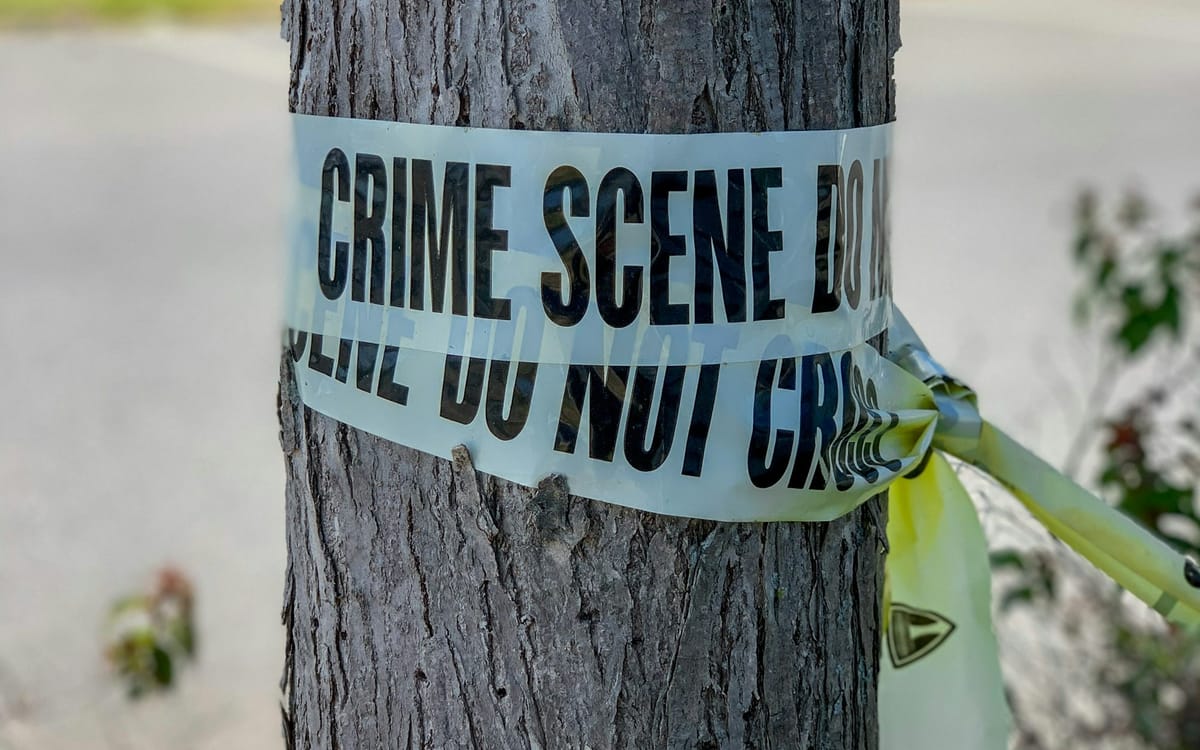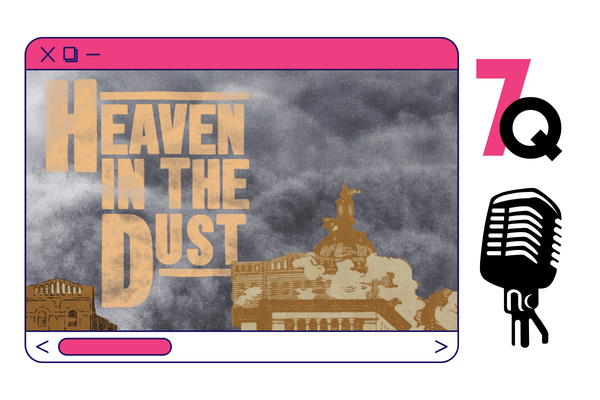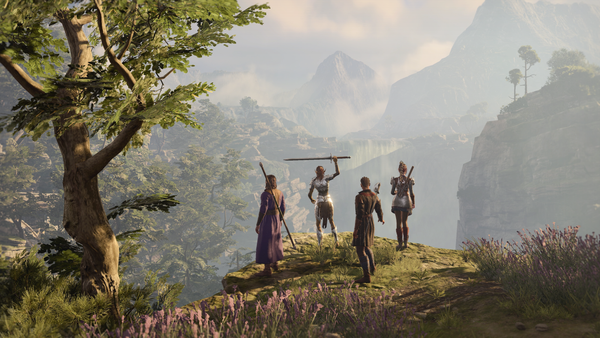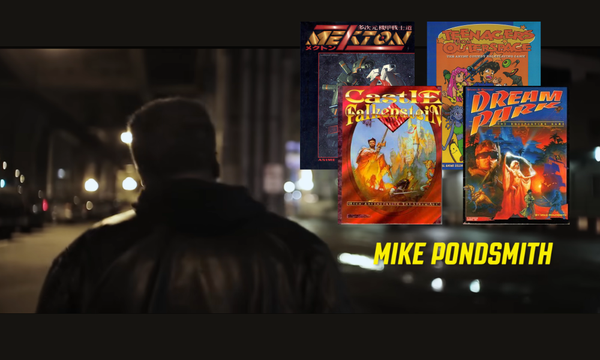The Other Satanic Panics
How RPGs become scapegoats for murders across the world.

The term “satanic panic” in Dungeons & Dragons circles refers to a specific maelstrom of events that occurred primarily in the ‘80s: the disappearance of James Dallas Egbert III, the release of Mazes & Monsters (the book and the movie), and Patricia Pulling’s organization Bothered About Dungeons & Dragons, aka BADD. These were complex events. Egbert’s disappearance (and subsequent reappearance) has been dramatized and explored at length in recent media: a podcast series with Jon Hamm, an episode of the audio documentary When We Were Wizards. Each interpretation placed different amounts of emphasis on the sensationalism of the investigating detective and the homophobia that Egbert might’ve faced. Mazes & Monsters is mostly remembered as an early vehicle for Tom Hanks. Michael A. Stackpole, writer and former director of GAMA, wrote his Pulling Report in 1990, a repudiation of BADD’s talking points that feels an appropriate gravestone for the decade.
The end result of this hysteria wasn’t less interest in D&D but more. The oft-quoted number is that, due to the free (but painful) publicity the game was getting from being attacked on TV and radio all across the nation, TSR was selling almost 30,000 copies per month. But sometimes when this story is told, it’s forgotten that this was a broader moment of conservative backlash that weaponized a threat to children in order to attack social and cultural institutions. Another thing that’s never really discussed is how it didn’t just happen in the USA. Roleplaying games have been implicated in crimes all across the world in familiar, grotesque ways.
Spain, 1994
A man named Carlos Moreno was murdered in the streets of Madrid. The killers were arrested after bragging to their friends and when the police searched their apartment, they found occult magazines, a copy of Mein Kampf, and roleplaying games. At first, the games weren’t mentioned in the news stories, but quickly, they became the story. “I heard about it in the news, mainly TV, although it occupied a lot of pages in newspapers too,” said Míchel González, a designer and streamer from Spain, in an email to Rascal. “As soon as it happened I knew we (rpgers) were in a lot of trouble.”





